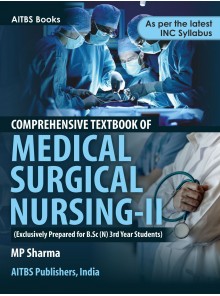
Sci-Hub and LibGen have become largest pirate repositories of scholarly articles in the world.Īt the centre of the case is the issue of paywalls that restrict access to books and scientific papers that many believe should be publicly available. This makes it difficult for students to find articles from the confines of their homes. The onset of the pandemic has emphasised the problems doctoral students and researchers face in getting hold of relevant papers.Įven if a university has access to one of Elisiver's journals, a student needs to login from the university library to have a look at it. “If these websites are blocked in entirety then a lot of material simply goes away,” he tells TRT World. Krishnesh Bapat, a lawyer who is part of the legal team of the Delhi-based NGO Internet Freedom Foundation, which is representing the academics, says Indian universities don’t have funds to pay the exorbitant subscription fees charged by Elsevier and other publishers. They say Sci-Hub and LibGen commit copyright violations by sharing content stolen from the journals they own.Ī blanket ban on the Sci-Hub and LibGen (short for Library Genesis) websites, which are sitting on the world’s largest pirated depository of scientific articles and books, could negatively affect millions of students, lawyers say. These three publishers together own around 40 percent of all the scientific journals in the world. Since 2019, global publishing giants Elsevier, Wiley and American Chemical Society have tried to block access to Sci-Hub and LibGen in India.


The court will deliberate on whether it’s legal for researchers and students to use the Sci-Hub and LibGen websites, the self-proclaimed digital “ pirates” trying to disseminate scholarly literature to whoever wants it. The case being heard at the Delhi High Court could have international ramifications as the debate around open access to scholarly work has intensified in recent years.

#Medical books publishers free#
The world’s largest pirate websites for scholarly work confront big corporations that own influential but expensive journals.Ī group of academics have joined a legal battle in India that has pitted those who believe in free access to knowledge against powerful corporations that control half of the world’s publishing business.


 0 kommentar(er)
0 kommentar(er)
